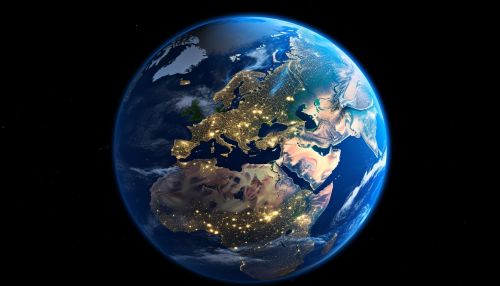Ecological economics
Overview
Ecological economics is an interdisciplinary field that seeks to address the interdependence and co-evolution between human economies and their natural ecosystems. It is distinguished from environmental economics by its assertion that the economy is embedded within an environmental system. Ecology shapes the economy in a fundamental way, not as an external factor to be considered separately.


History
Ecological economics emerged in the late 20th century as a response to the failure of conventional economics to address the problems of environmental degradation and resource depletion. The term "ecological economics" was first used by Romanian economist Nicholas Georgescu-Roegen in his 1971 book "The Entropy Law and the Economic Process".


Principles
Ecological economics is based on several key principles. First, it recognizes that the economy is an open subsystem of the earth's larger ecosystem, which is finite, non-growing, and materially closed. Second, it acknowledges that the economy must maintain a sustainable scale relative to the supporting ecosystem. Third, it emphasizes that economic development should enhance the quality of life rather than simply increasing the quantity of consumption.


Methodology
Ecological economics uses a wide range of research methods, including those from economics, ecology, and other social and natural sciences. It employs qualitative and quantitative methods, as well as participatory approaches, to understand and manage the complexity of ecological-economic systems.


Applications
Ecological economics has been applied to many areas, including resource management, environmental policy, and sustainable development. It has also been used to analyze the economic impacts of environmental changes, such as climate change and biodiversity loss.


Criticisms
Despite its contributions, ecological economics has faced several criticisms. Some argue that it lacks a clear theoretical framework, while others contend that its emphasis on sustainability and the environment undermines its economic analysis. However, proponents of ecological economics argue that these criticisms reflect a misunderstanding of its interdisciplinary nature.


Future Directions
The future of ecological economics lies in its ability to integrate economic and ecological concepts in a way that can guide policy and decision-making towards sustainability. This includes further development of its theoretical and methodological approaches, as well as its application to pressing environmental issues.


